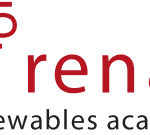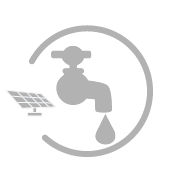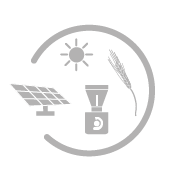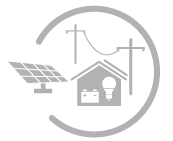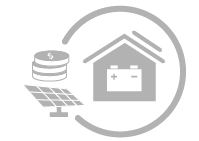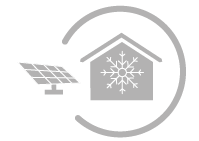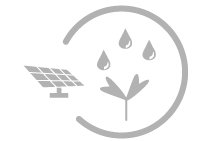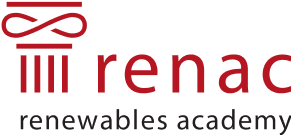SOARING – Southern African Renewable Energy Investment and Growth Programme
- Economics & finance, Energy efficiency, Photovoltaics, Power system planning
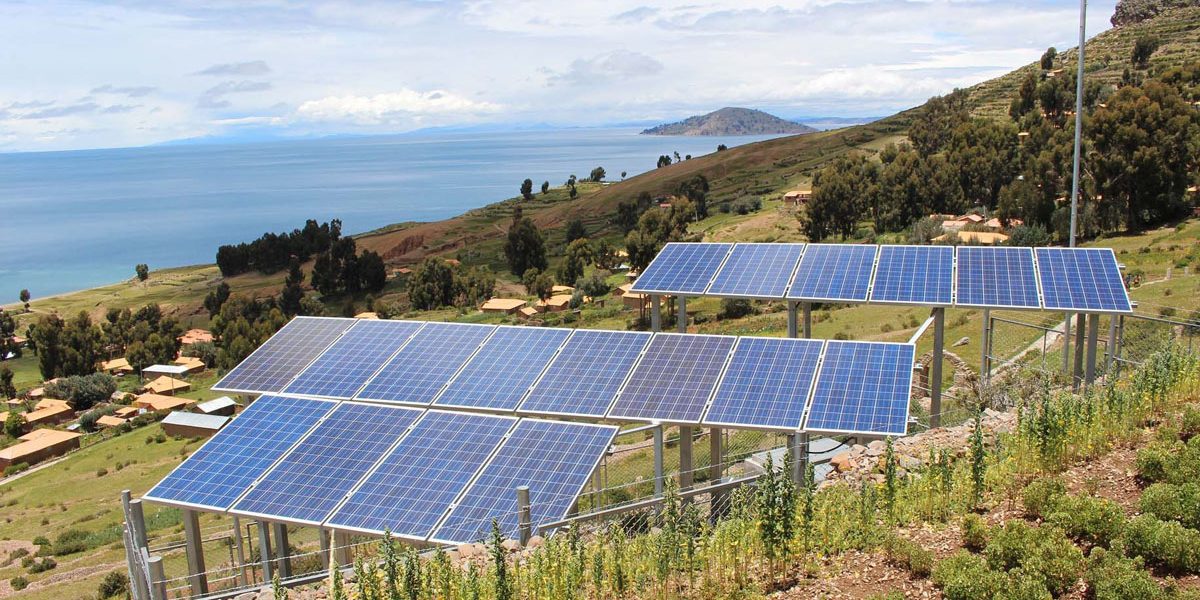
IKI
Capacity needs assessment, Customer-specific programmes, Development of curricula and training material, Short-term experts, Study & delegation tours
Tanzania and Zambia
2019 - 2024
What is the SOARING Programme?
The SOARING programme, launched in June 2019, will design and implement a prototype approach to prepare, bundle and structure investments into small and medium-sized clean energy projects in Zambia and Tanzania. SOARING aims to launch a sustainable climate finance catalyst programme for SMEs and support countries in mobilising and channelling climate and private finance to achieve their NDCs and SDG (7) goals. The project will assess supply, demand, and framework conditions for several SME-level clean energy alternatives in agricultural value chains, as well as off-grid power provision for rural and peri-urban areas.
The implementation partners for SOARING are RENAC and the Renewable Energy and Energy Efficiency Partnership (REEEP). SOARING is funded and commissioned by the International Climate Initiative (IKI) of the Federal Ministry for the Environment (BMU) Germany. Partner institutions are the Ministry of Energy, Tanzania and the Ministry of Finance, Zambia.
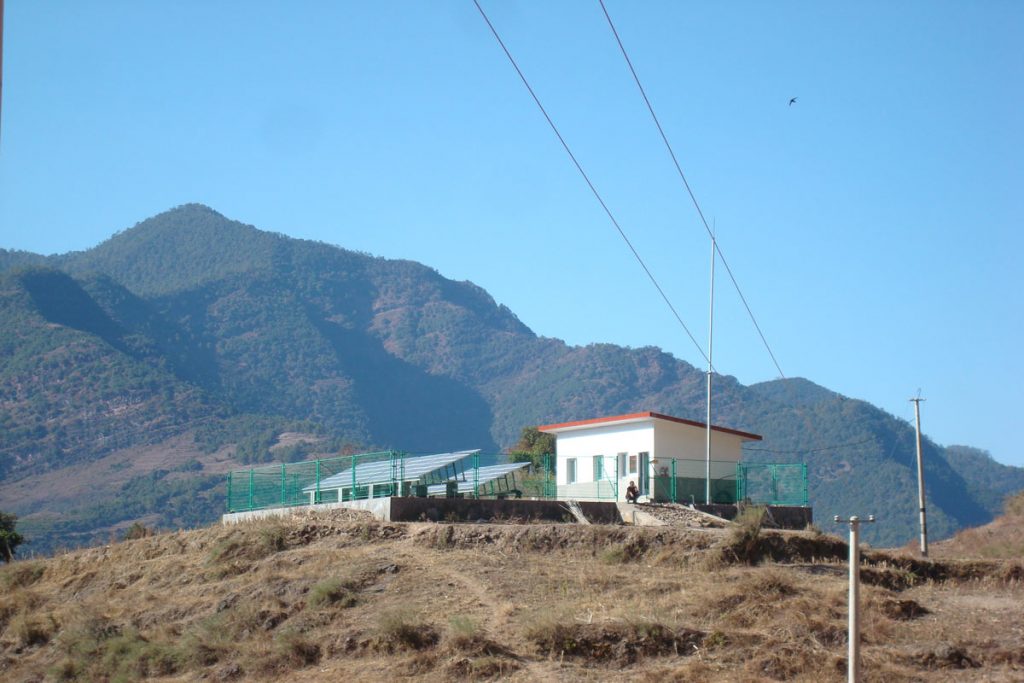
What does Soaring offer?
The SOARING programme
The SOARING programme is aiming to comprehensively address market barriers national development banks and local financial institutions are facing in financing clean energy projects and businesses. SOARING aims to achieve this through providing credit enhancement instruments to participating financial institutions, as well as targeted capacity buildings/trainings on clean energy/climate finance and support in the origination of a clean energy pipeline to access funding.
Hybrid trainings
RENAC will be coordinating and leading the trainings which will primarily target three groups-Financial Institutions, Multipliers (Policy Makers, government/public entities dealing with economic development, agriculture, rural electrification, imports and tariffs) and SMEs. These trainings will be offered in Tanzania and Zambia and participants will have the oppurtunity to attend them in person or virtually.
Topics to be addressed include an overview of Tanzanian/Zambian energy market, key climate finance principles, RE technologies for productive use and rural electrification as well as technical and financial assessment of RE/EE projects. These theoretical inputs will be set against the backdrop of case studies in the Tanzanian and Zambian context.
The first round of trainings will take place in 2021 and the second will be held in 2022.
Who can participate?
SMES
- Business development and finance managers of SMEs aiming to invest/adopt renewable energy technologies, SMEs from the following sectors
- i.e. Agriculture, Agri- & Food processing, Small manufacturing, handicraft enterprises
Multipliers
- Business associations and organizations that aim to support SMEs to invest/adopt renewable energy technologies, associations and organizations representing the following sectors
- i.e. Agriculture, Agri- & Food processing, Small manufacturing, handicraft enterprises, Rural Enterprises
Financial Institutions
- Senior managers responsible for developing and implementing new financial products
- Team leaders involved in the implementation process and operations of new financial products
- Trainers and other multipliers responsible for training staff in the new financial product
Factsheets
Why SOARING?
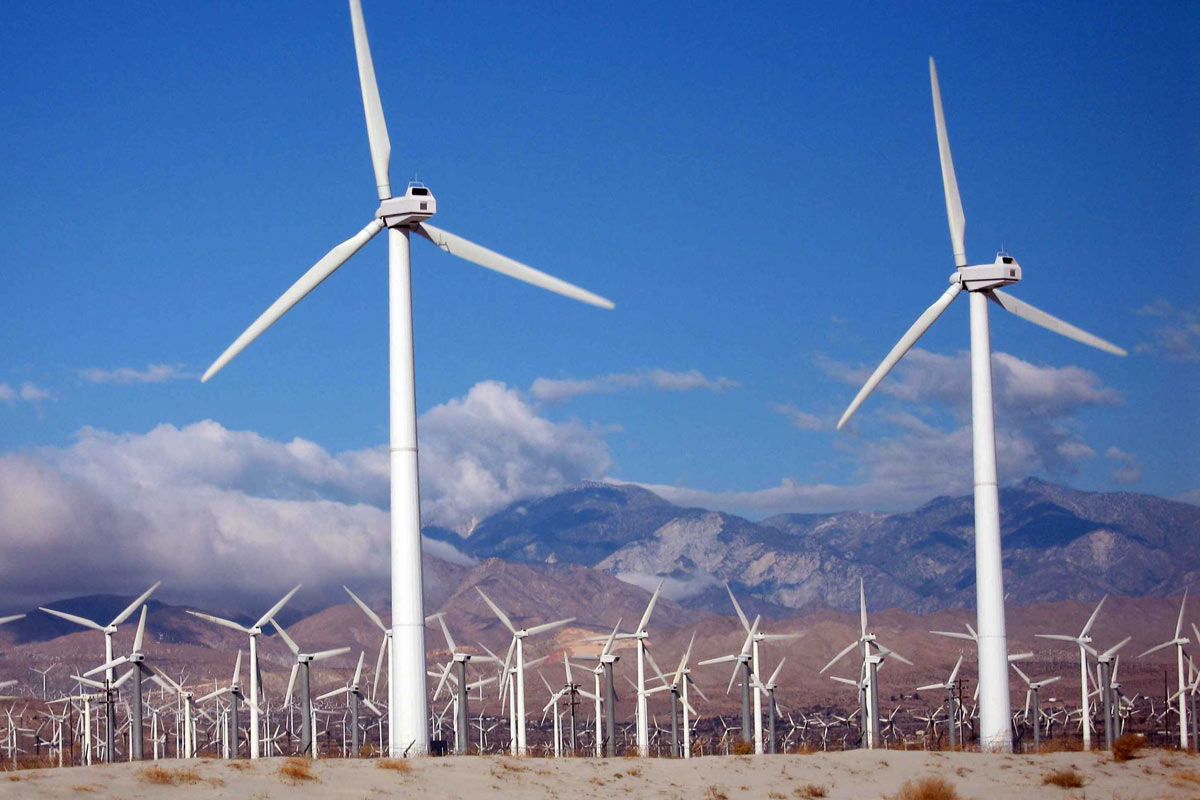
While the combined financing requirements of Southern African SMEs are huge, their individual asks are far too small for existing climate finance instruments, and for most investors.
Using innovative technology and data-driven approaches and financial incentives provided by the SOARING Fund, combined with peer-to-peer learning and capacity building for government, financiers and the private sector, SOARING aims to help the pilot countries build an improved financial ecosystem for large-scale blended private/climate investment into clean energy off-grid and/or agricultural sectors at SME level. The project will put mechanisms into practice to support climate-friendly strategies for SME growth and mobilise financing into SME-level project investments at scale. The underlying methodologies will be standardised and potentially replicable in th other economic sectors or countries in which SMEs lack access to finance. Capacity development will foster a pipeline of bankable, climate friendly and SME-led project investments, thus contributing to the African Renewable Energy Initiative (AREI) and leading ultimately to measurable emissions reductions.
SOARING Methodology
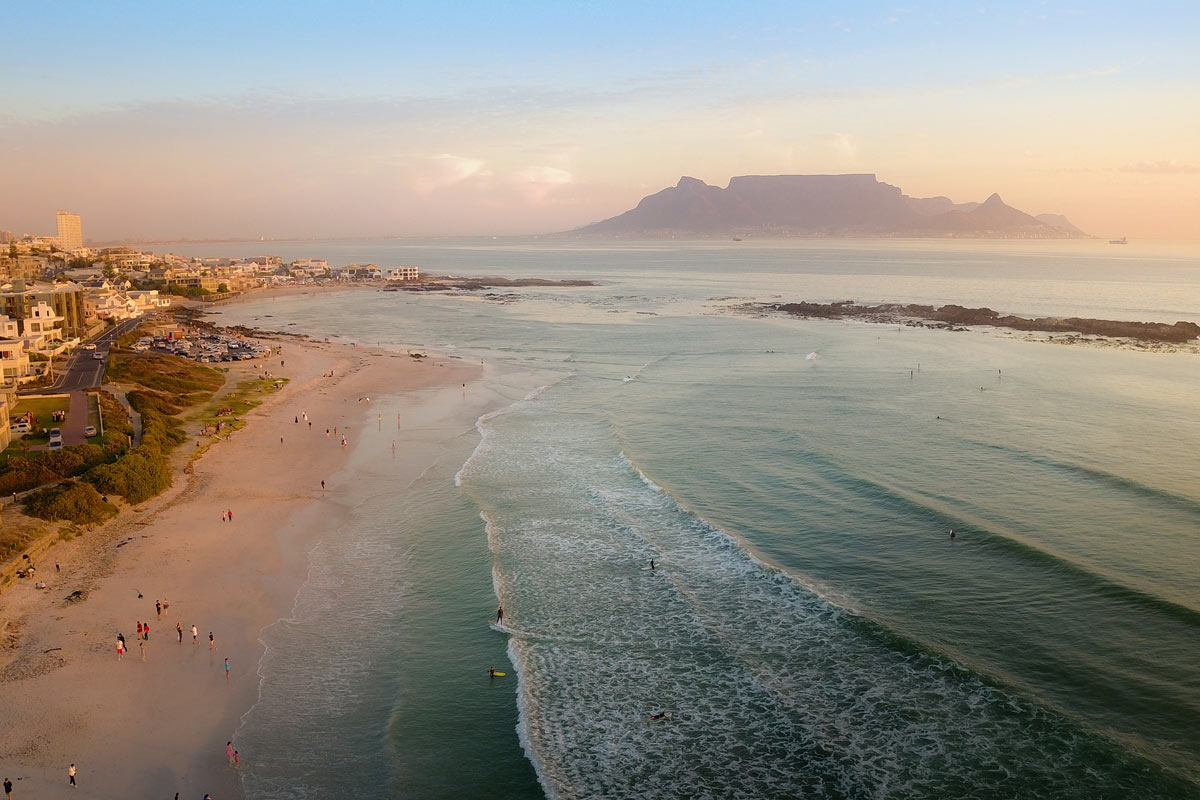
SOARING will apply results-based financing measures to test blended financing approaches with SMEs, while gathering data and evidence on business performance and local socioeconomic impacts. It will establish a dedicated stakeholder forum to coordinate activities and promote synergies among different actors to help avoid duplication of effort and amplify learning in target geographies.
SOARING will utilise tailored outreach, training and technical assistance to build capacity among primary stakeholders – project developers, public financiers, commercial banks, other private investors, and government agencies – for sustainability.
The learnings from this pilot will be packaged in a number of ‘SME Climate Finance Pathways’, which will facilitate replication of the project’s achievements in other sectors and in other countries.
Our partners
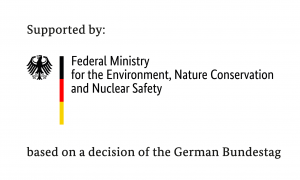
Any complaints?
The IKI Independent complaint Mechanism is intended to enable people who suffer (potential) negative social and/or environmental consequences from IKI projects, or who wish to report the improper use of funds, to voice their complaints and seek redress. It follows established international standards for International Accountability Mechanisms.
You can find more information on the IKI complaint Mechanism on the dedicated website here: https://www.international-climate-initiative.com/en/about-iki/values-responsibility/independent-complaint-mechanism/.
Interested in RENAC trainings?
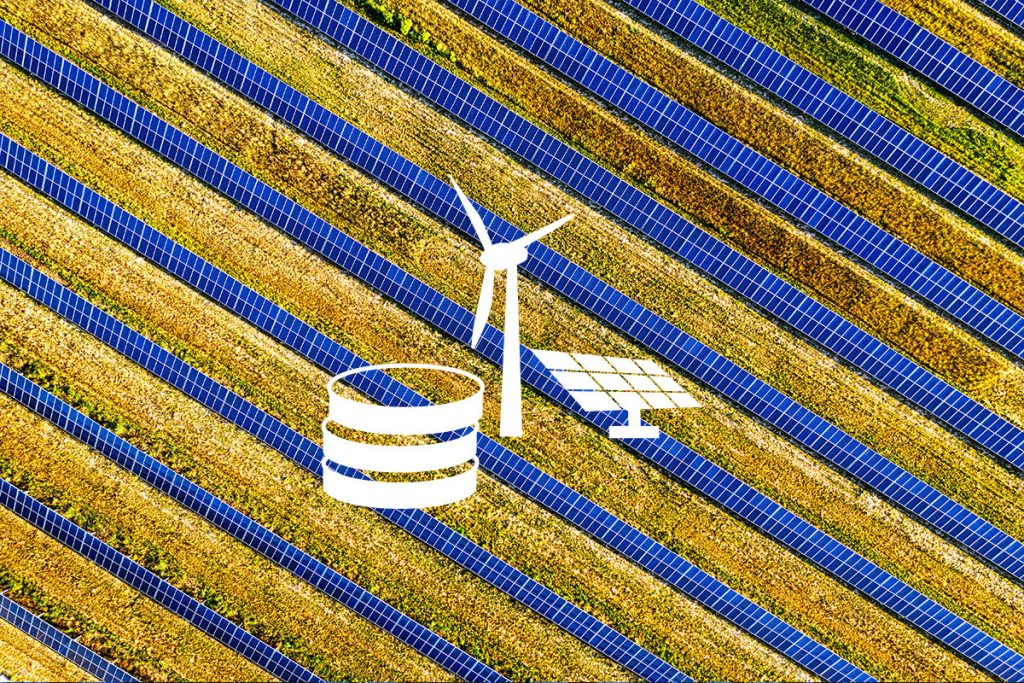
Type of training:
Next Date:
Duration:
Fee:
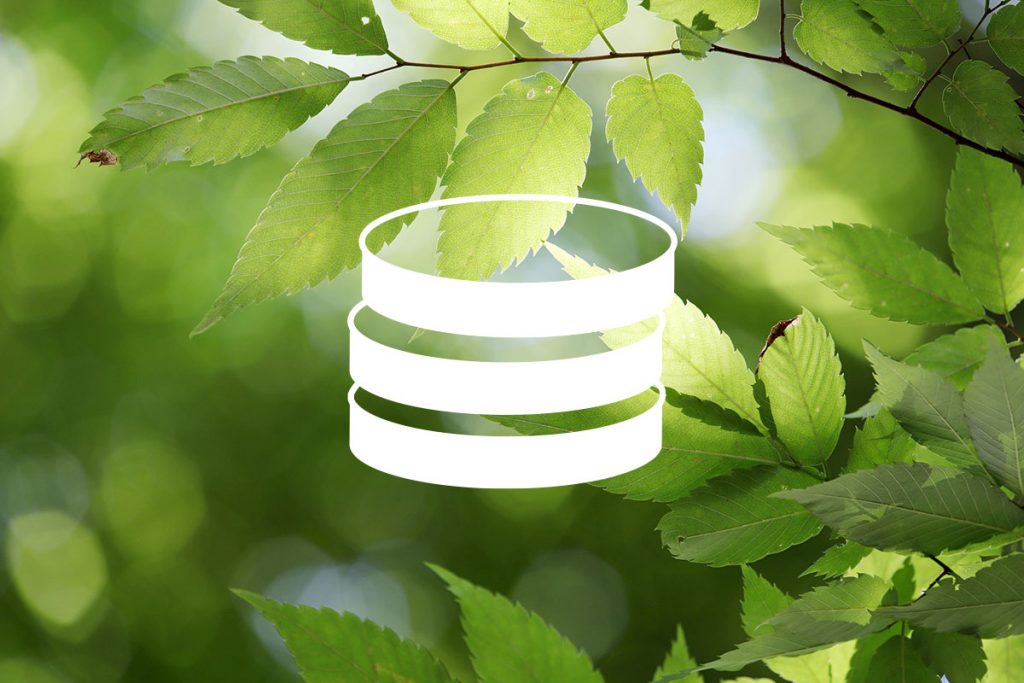
Type of training:
Next Date:
Duration:
Fee:
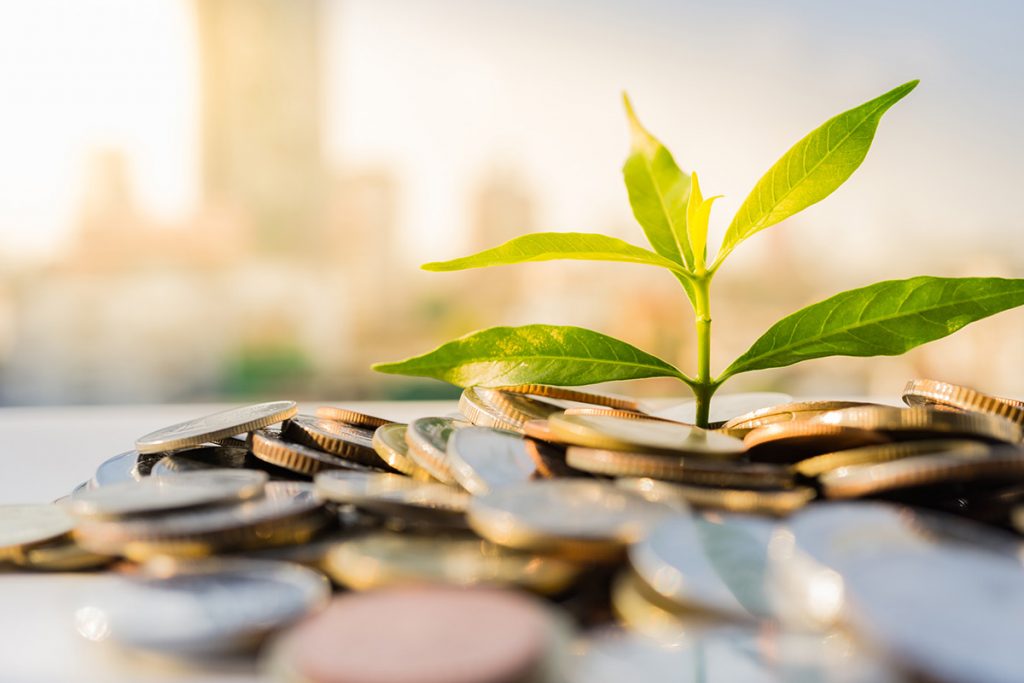
Type of training:
Next Date:
Duration:
Fee:
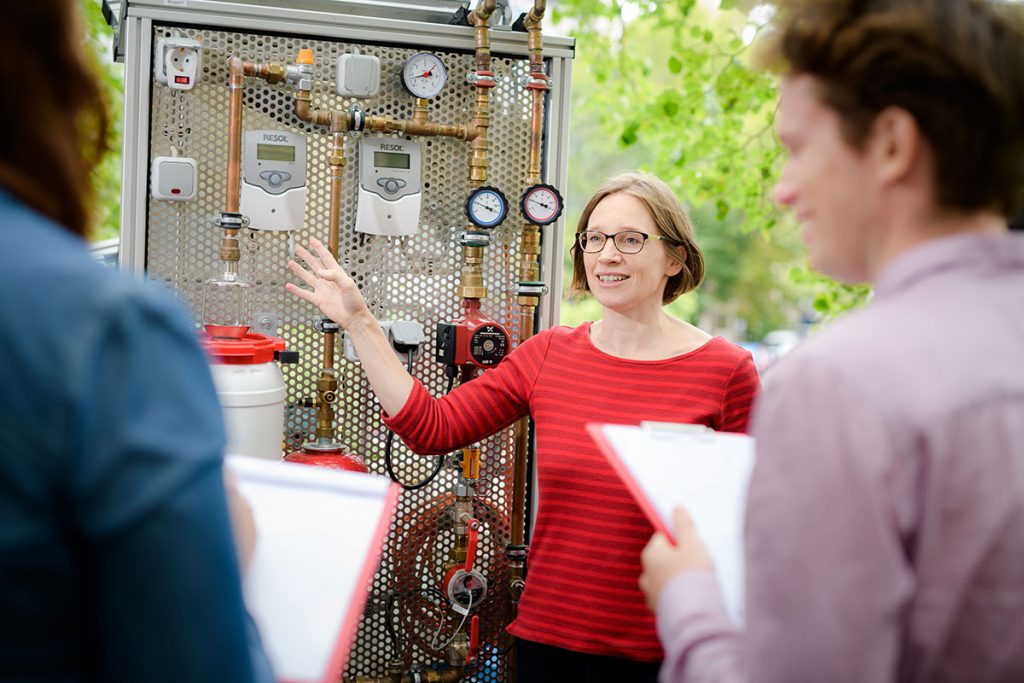
Type of training:
Next Date:
Duration:
Fee:
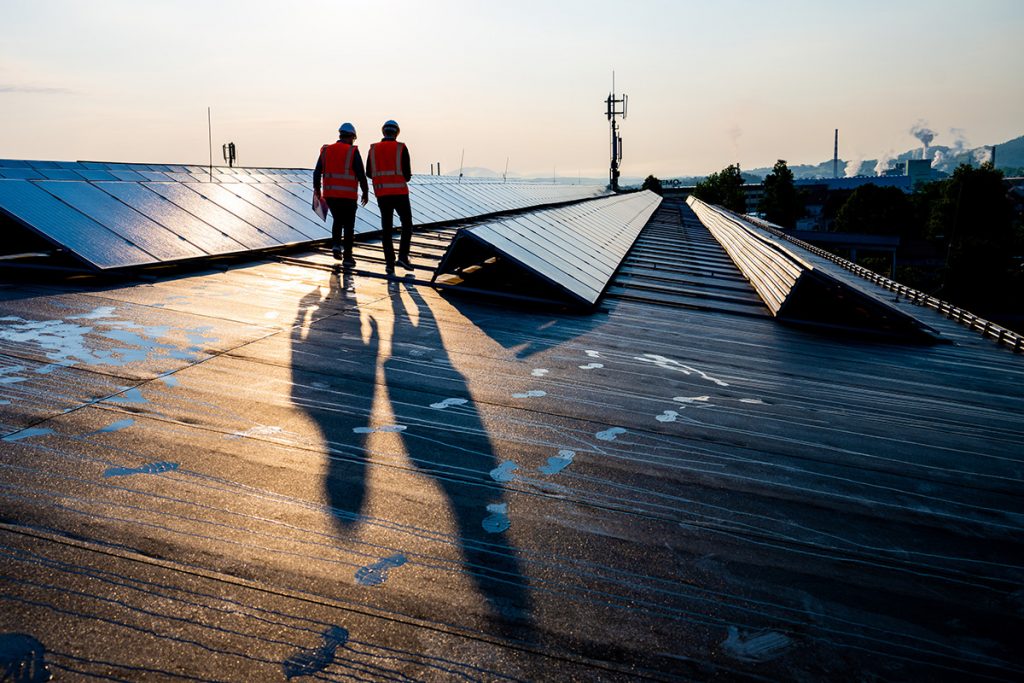
Type of training:
Next Date:
Duration:
Fee:
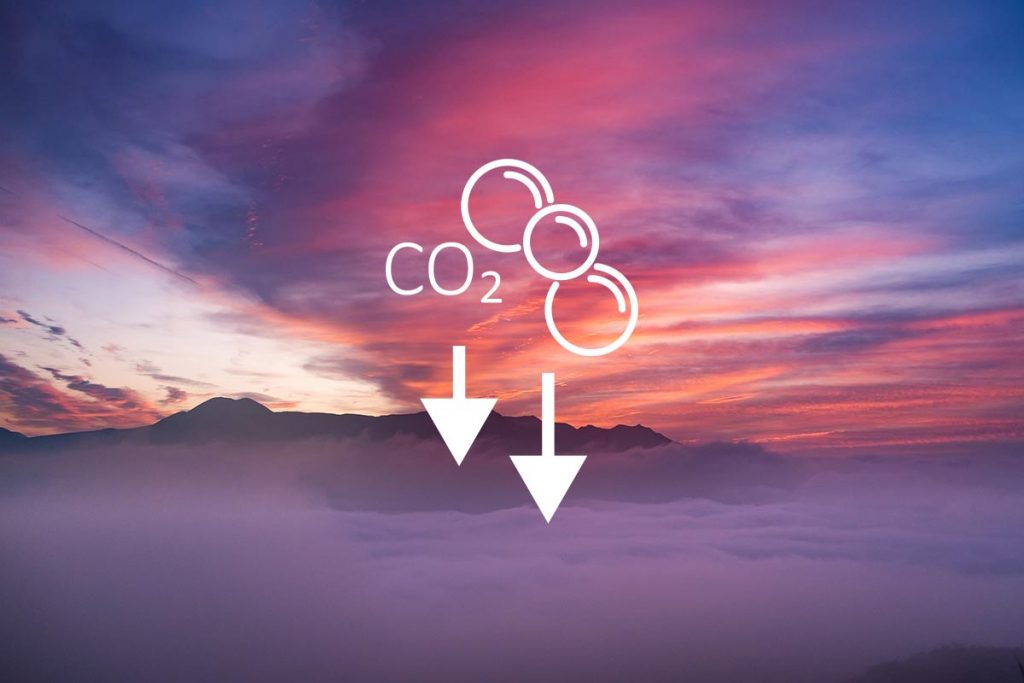
Type of training:
Next Date:
Duration:
Fee:
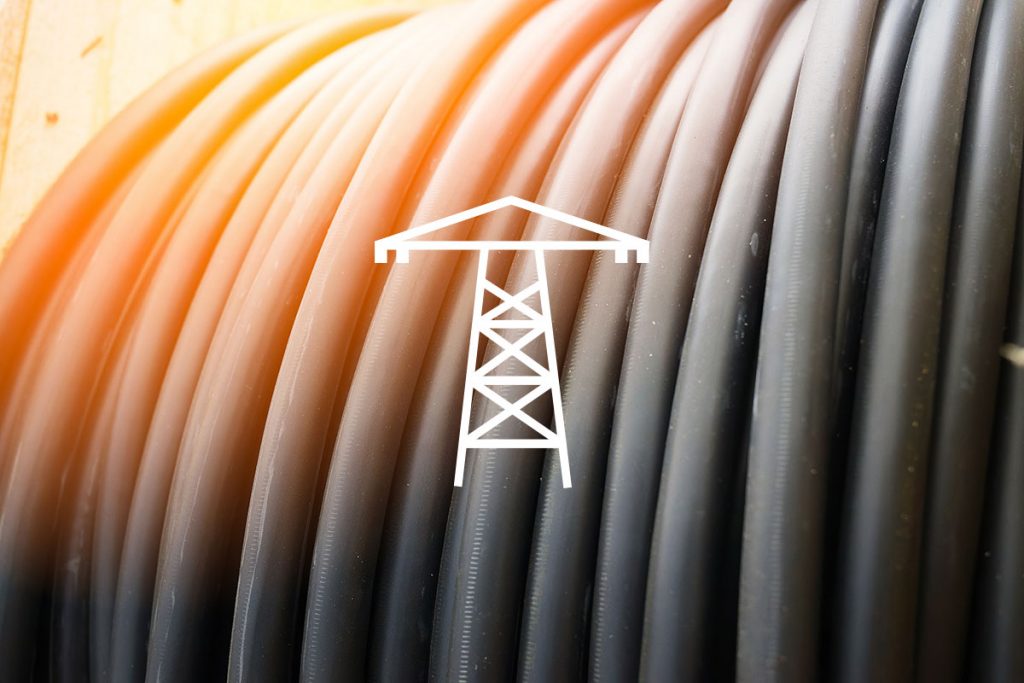
Type of training:
Next Date:
Duration:
Fee:
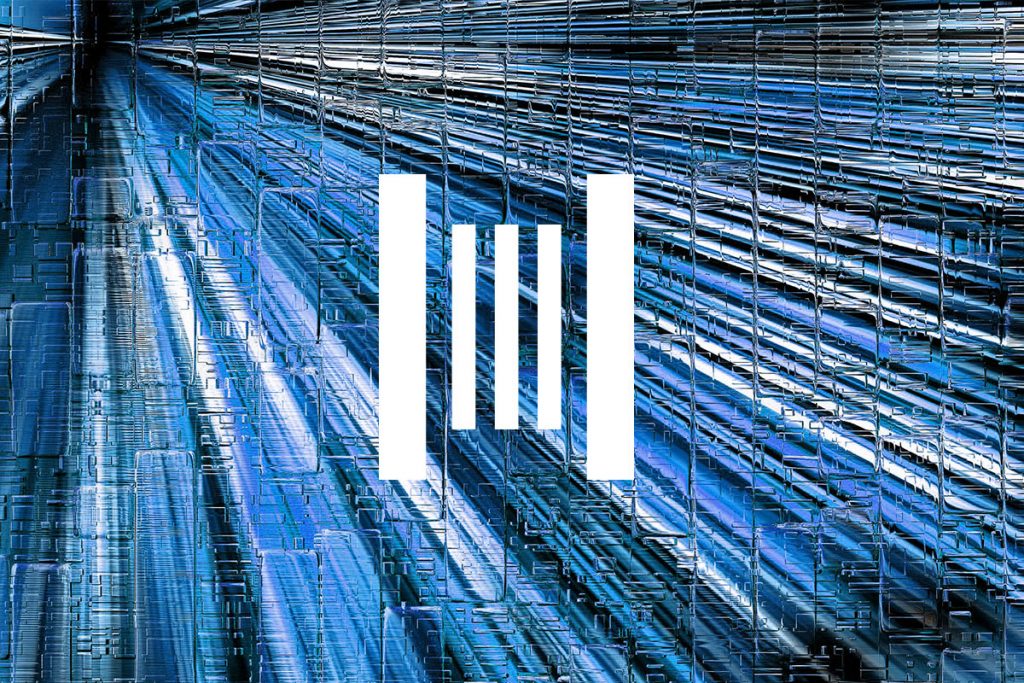
Type of training:
Next Date:
Duration:
Fee:
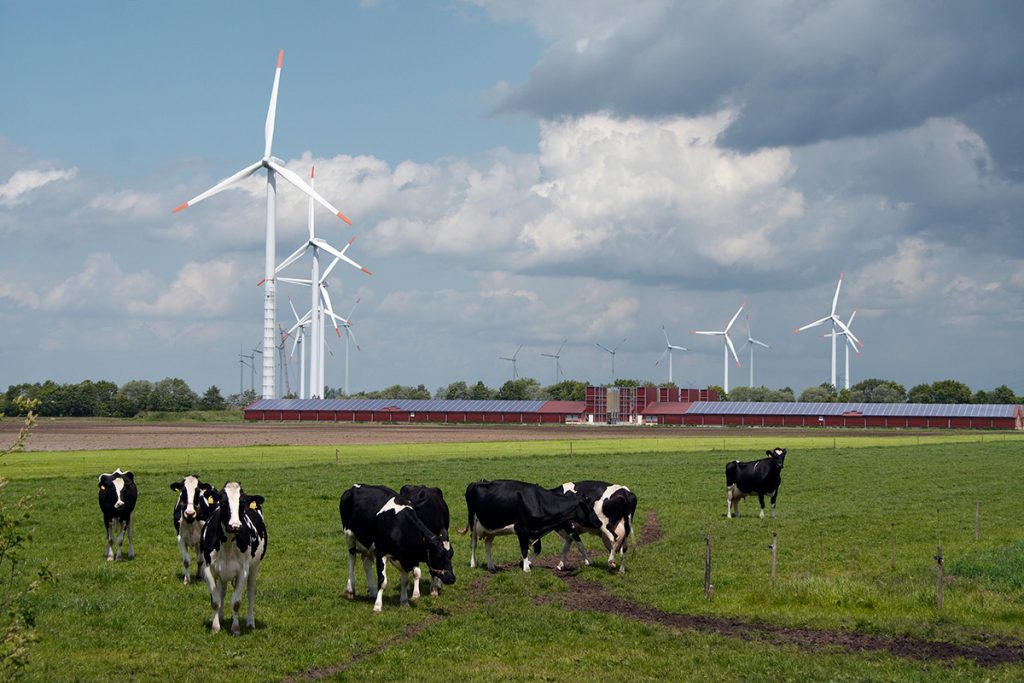
Type of training:
Next Date:
Duration:
Fee:

Type of training:
Next Date:
Duration:
Fee:
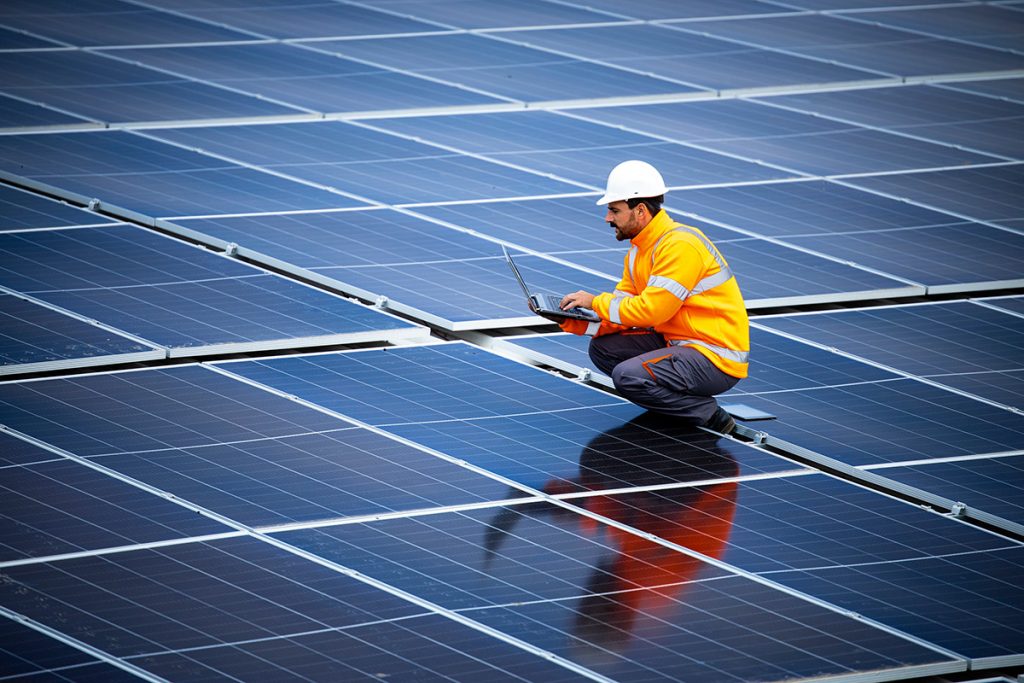
Type of training:
Next Date:
Duration:
Fee:
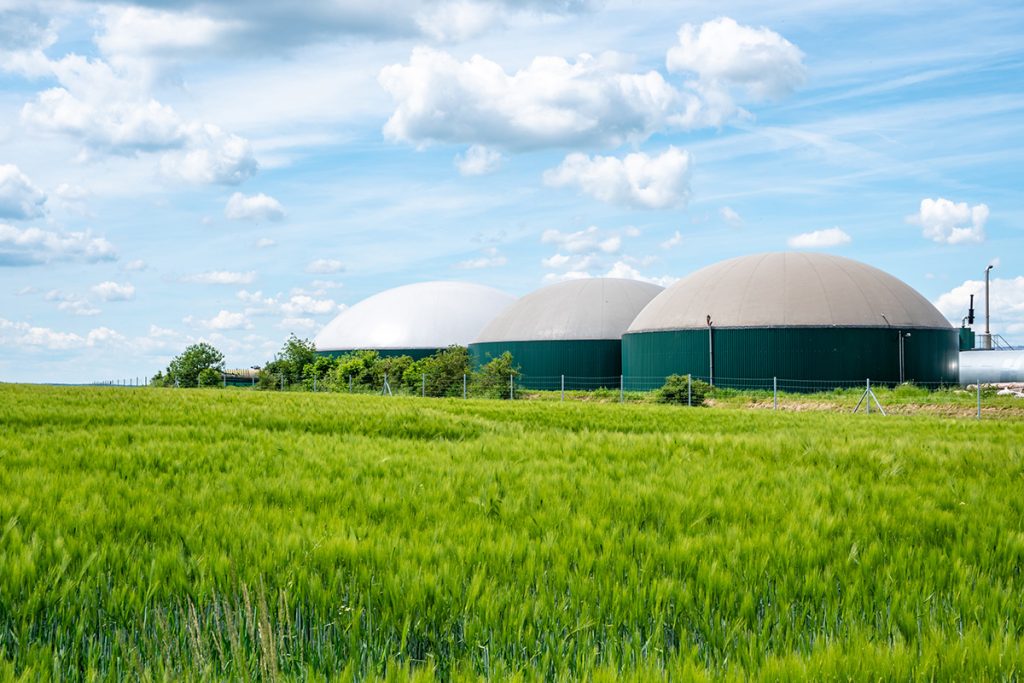
Type of training:
Next Date:
Duration:
Fee:
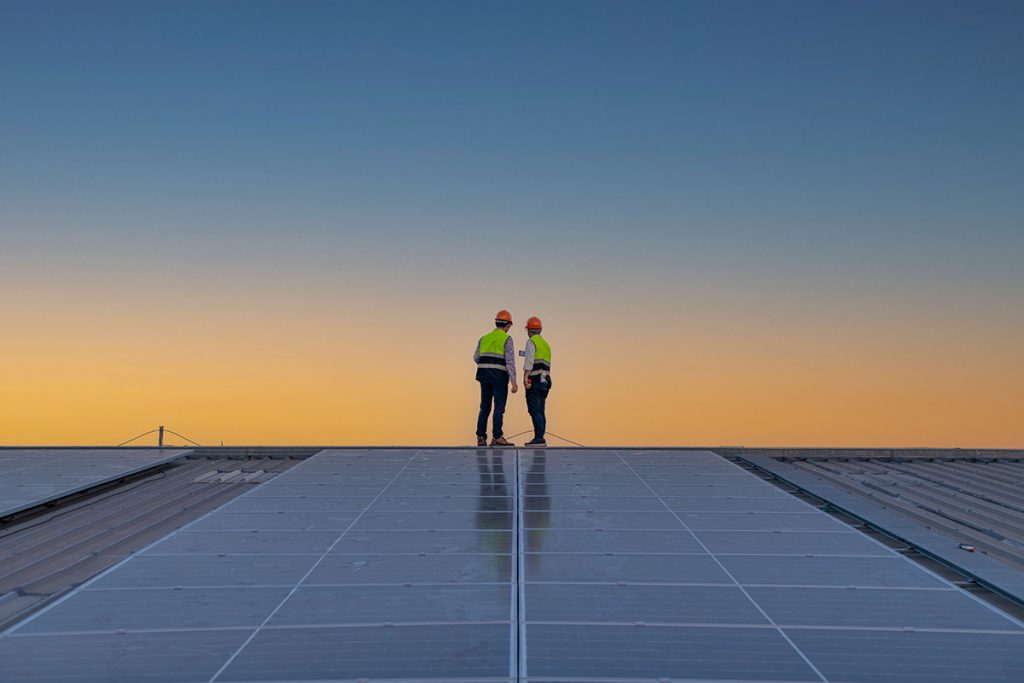
Type of training:
Next Date:
Duration:
Fee:

Type of training:
Next Date:
Duration:
Fee:
